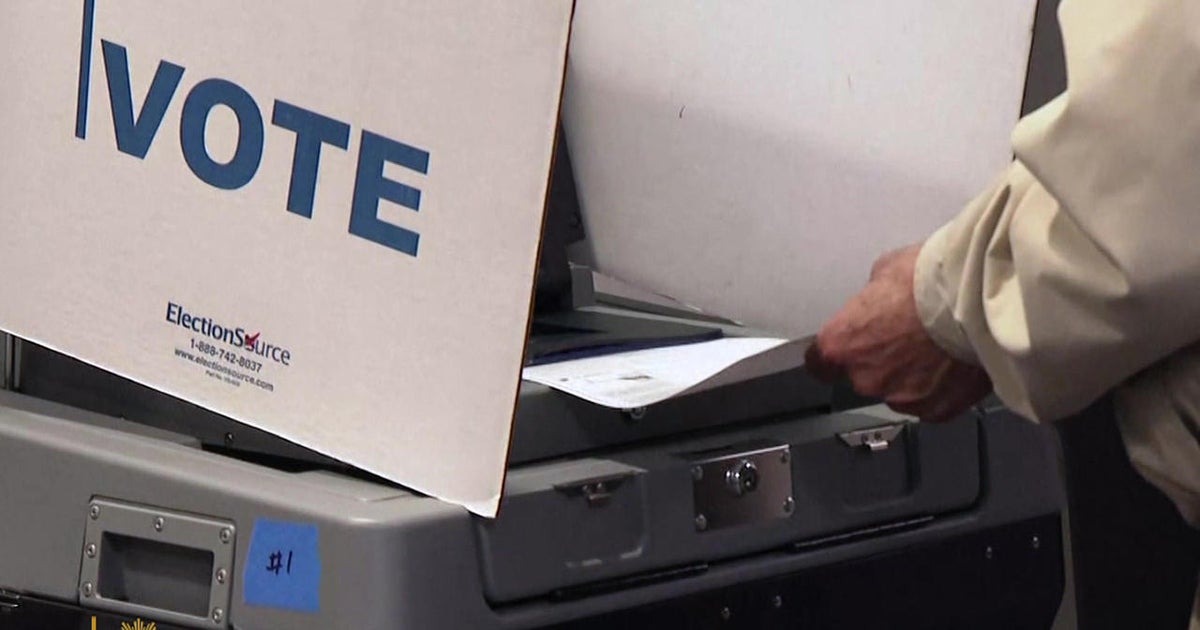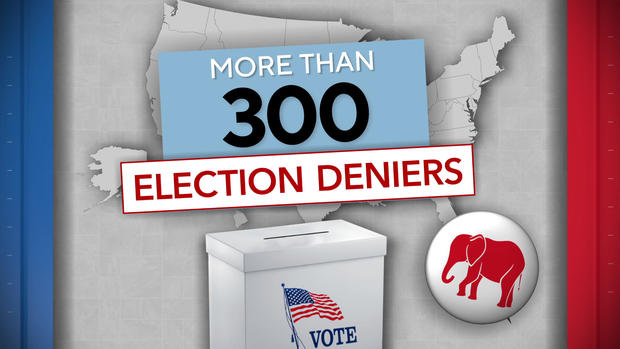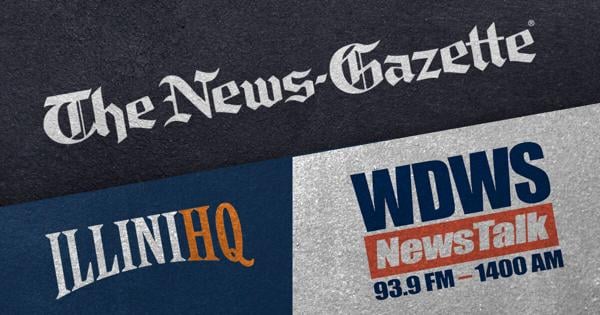Due to the fact that those who deny the election are running for election, our right to vote is on the ballot

Weekends in Pennsylvania are all about grills, games, and families getting together. It’s no wonder thousands of people make the pilgrimage to Beaver Stadium in Central Pennsylvania’s Happy Valley. Along with the Big 10 game and football, another fall tradition occurs every two years: reporters spoil the fun and ask questions about the election in this crucial battleground state.
But beyond the issues dominating the headlines — the economy, crime and abortion rights — some expressed other concerns to CBS News’ election and campaign manager Robert Costa.
“Our very democracy is at stake in this election, and it could soon be taken away from us,” said Kevin Nuff. “I think that’s what this election is about. Because when election deniers get into secretaries of state and positions where they control the process and somebody wins an election they don’t like, they’re going to overturn it. And will we care then? It will be too late.”
Indeed, more than 300 Republican candidates for state and national office have been identified by CBS News as “election denialists” for declaring their refusal to recognize the results of the 2020 presidential election as legitimate.
CBS News
And with the country’s most famous election denialist, former President Donald Trump, still in charge of the Republican Party, it remains an open question how his followers will react when the votes are counted in just nine days.
“Coming from the elites — from the former president, from the GOP leaders, from many of the candidates — it perpetuates this idea that something was stolen, that this election is not legitimate,” said Michael Berkman, a Penn State professor who directs the Institute. of Democracy McCourtney at the University. They study what it takes to develop democratic institutions in the United States and abroad.
Costa asked: “In the United States, people often say it can’t happen here, the rise of a violent, nationalist, anti-democratic government. But can it?”
“Oh, absolutely,” Berkman replied. “I mean, I think the thing to remember about the erosion of democracy is that it’s most likely coming from within. We are all watching what is happening in Ukraine, we are impressed and proud of Ukrainians, how they defend and fight for their democracy. But democracy does not usually die through coups or invasions. Usually it dies from the inside. An authoritarian leader is elected and then they start changing the rules. They start changing who the other people are in office, start changing the judges. And you will start to eat the norms, you will start to eat the fences. You will begin to erode the recognition of the people and the legitimacy of the institutions that are essential to democratic governance.
“And you can find yourself in a very unfortunate place.”
The framers of the Constitution viewed a free press as one of the pillars of representative government. In the words of Thomas Jefferson: “…wherever the people are well informed, they can be trusted with their own government.”
But are modern news organizations ready to meet today’s moment?
Costa asked Margaret Sullivan, former public editor of The New York Times and media critic at the Washington Post: “The Republican Party is riddled with people who deny the election. How should the press deal with this? It happens inside one particular party. ”
St. Martin’s Press
“Right. And we have to be very straightforward about saying it and pointing it out,” Sullivan replied. “Of course, we will hold ourselves to the same standards on both sides. It’s not that we’re on the same team. We hold ourselves to the same standards on both sides.
“But when one side does this very disturbing thing, we have to be straightforward about it. And if it causes criticism from the right, that’s fine.”
Sullivan has released a new book, “Confidential Information,” in which she says the press has been reluctant to vehemently call for attacks on democracy for fear of being labeled “partisan.”
“How does the press cover this without sounding alarm bells at every turn?” – asked Costa.
“I don’t think we’re alarming enough,” Sullivan replied. “I think we need to stop sleeping on the switch and start sounding more alarm bells about what might happen if people who deny the election are in power and decide, ‘Well, we only like the results of this election, but not that one. ‘ I mean, we don’t have a country anymore.”
Reyhan Salam, president of the conservative Manhattan Institute, which focuses on economic policy, says the stakes in this year’s election are “high.”
“When you look at the impact of COVID and the various COVID relief measures, they have had a big impact on the financial future of our country,” he said. “It’s possible we’re in for a recession.”
Polls show Republicans could make big gains in 2022, but how will they use that power?
Salam shares the same “kitchen table concerns” as many Republican-leaning voters, but worries whether either party will be able to make decisions in time: “Unfortunately, I don’t think this election is going to be about politics. I think the election is overwhelmingly a reaction to the state of the economy. And if indeed conservatives are elected to Congress in large numbers, it will be a very serious challenge for them until 2024 as well.
“Essentially, we are now in a dynamic where our politics is on a knife’s edge. Republicans can win, Democrats can win. So it’s a zero-sum dynamic where Democrats don’t want to give Republicans a win, and vice versa.”
Washington gridlock is an old cliché, but like many clichés, it has a basis in fact. Even with the celebration we saw in Pennsylvania, some were pessimistic that politics could effect any real change.
Lamar Shai told Costa, “A long time ago, I really believed in the system, but now I don’t.”
“What broke your faith in the system?”
“None of the problems are ever solved,” he replied. “Everyone says that they will fix the economy, fix everything, health care. And everything is in ruins.”
With Election Day looming, could a lack of faith in our system become a self-fulfilling prophecy?
For those who choose to participate in democracy – politicians, journalists and voters – Margaret Sullivan says there is a duty we all share: “Well, you can’t make people care, but you can explain the consequences to people. You can talk to people.. I think we can ask people to be better as American citizens. And that means being informed, not rejecting the news. I hear a lot of people say, “I’m off, I don’t want this anymore.” It’s all negative. I don’t care.”
Costa asked, “What are you going to tell them?”
“I’m saying that if you want to live in this country and be a good citizen — and I think what people want is a deep sense of patriotism — it’s important to be an active citizen and know what’s going on.”
For more information:
Story prepared by Ed Zagatson. Editor: Mike Levin.
https://www.cbsnews.com/news/with-election-deniers-running-for-office-our-right-to-vote-is-on-the-ballot/



:quality(70)/cloudfront-us-east-1.images.arcpublishing.com/tronc/MBY4ZL7KDJCD53MXLFR6CEF5SM.jpg)
